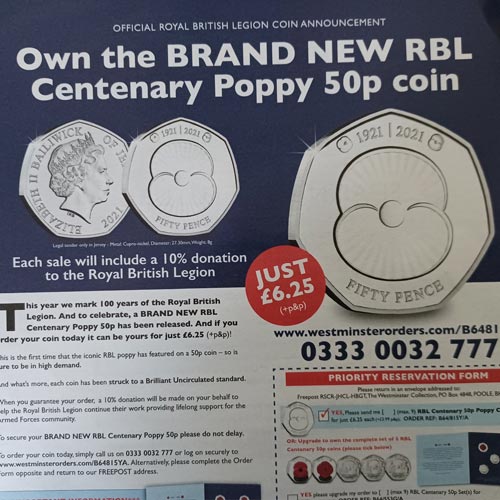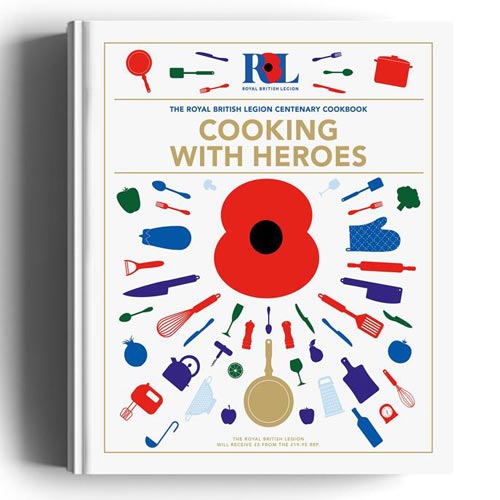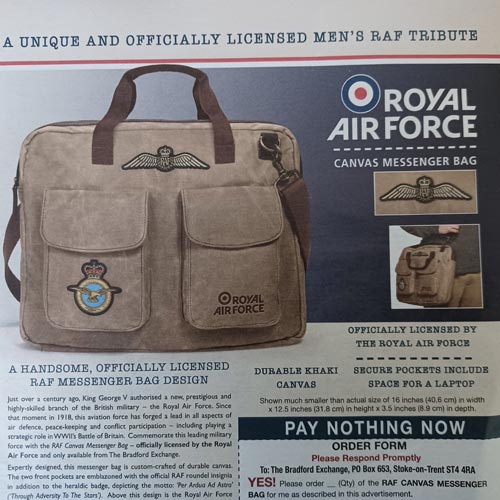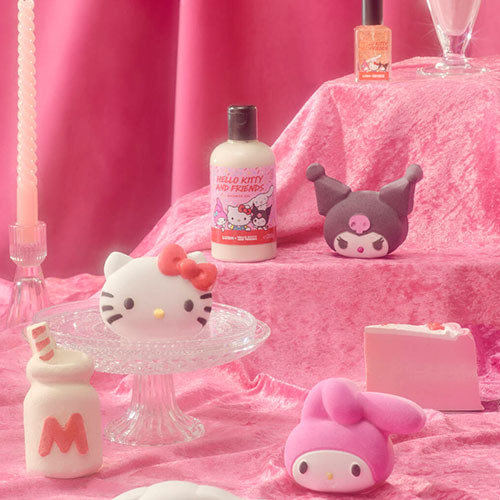Start Licensing’s Ian Downes takes a look at how Poundland is using the arts and crafts space, plus how licensing can help the charity sector.
One sector of retail that seems to have enjoyed strong growth over recent years is the value sector. Retailers such as Poundland have become strong supporters of licensing, blending own brand licensed ranges with the best of the rest – products they buy in from licensee suppliers. When they first came to prominence value retailers weren’t embraced by all rights holders as there were some concerns regarding in-store presentation and product quality. These concerns seem to have been largely overcome with a wide range of rights holders engaging with the sector.
For those of us of a certain vintage it is easy to consider the value channel as a contemporary replacement for Woolworths. Woolworths was a cornerstone of licensing and a ‘go to’ retailer for lots of licensing campaigns. Indeed for consumers Woolworths was a one stop shop for some core product areas such as stationery, back to school, confectionery and gifting. Think of how many scoops of Pick ‘n’ Mix sweets it sold!
Against this background it is no surprise to see Poundland backing the arts and crafts category so heavily. It is a product category on the rise – many of us became hobbyist crafters during lockdown, while for children it is a great category for adults to buy into on their behalf not least as a pocket money treat or a rainy day distraction.

I noticed this week that Poundland has a bay full of Crayola arts and crafts products selling at £1. I believe this is a licensed range delivered by art and craft specialist Daler Rowney. The range includes craft accessories and project kits. Presented in the Crayola signature green and yellow brand livery, the product made a great visual impact.
Crayola is a well known and trusted brand. Poundland recognises this and am sure it sees this as a strong part of its crafting offer. For Crayola it widens the distribution and in a sense acts as a brand sampling exercise. £1 products are a great entry point to the Crayola brand and will help it engage with new consumers. It is also a further example of how Poundland recognises the value of licensing and incorporate it effectively into its retail programmes.

Staying on the theme of arts and crafts, it was very satisfying to see Signature Publishing launching its Aardman Get Crafty magazine this week. The magazine is being marketed under the publisher’s Colour It title. It features a range of Aardman’s characters such as Morph, Shaun the Sheep and Wallace & Gromit. It features specially commissioned artwork which is part of a dedicated Aardman crafting style guide. This is part of a deliberate drive into the category by Aardman and is a good example of a brand owner investing in bespoke artwork to cater for a specific marketplace. In this case arts and crafts plays to Aardman’s strengths, but having ready to go artwork and concepts builds confidence with licensees. Signature Publishing has ready made distribution in the news trade so there is also less doubt about the return on investment artwork wise.
The charity sector is one that has faced a lot of challenges during lockdown and a key challenge is funding. Some key areas of fundraising for charities have been adversely impacted such as cancellation of fundraising events and closure of retail outlets. It is interesting to see how charities are looking to counter this and what part licensing might play in this recovery mission.
The Royal British Legion sends out a magazine regularly to its members and I often get the magazine passed onto me by my mum, who is a Legion member. The magazine combines feature articles and interviews with a strong portfolio of advertisements and offers. Some of these give a clue to how the charity embraces licensing and commercial opportunities.

There was a full page advertisement for a Royal British Legion 50 pence coin. The coin is part of a set of five marketed by licensee The Westminster Collection and are issued by the Jersey mint. The coins are issued to help mark the Legion’s 100th anniversary. Licensing loves an anniversary!
The collection is presented in a collector folder although one of coins can be bought individually. The design features the iconic Royal British Legion poppy. Offering a product like this within the magazine is clearly a finely tuned bit of marketing and presumably a core part of the partnership.

The magazine also featured a book publishing partnership the Legion has entered into. It has teamed up with publisher St. James’s House to launch Cooking with Heroes, a compendium of military stories and authentic regional recipes. The book showcases local heroes who have been involved in the military and recipes sourced from their local region. It also features celebrity chefs like Jamie Oliver and Rick Stein.
This is a great example of a charity harnessing its membership to create content and to develop a publishing event. By definition it is an original book. It is being pushed to the membership with a special offer in the magazine, but I assume there is a hope that other distribution will be achieved. This is a good example of a charity being innovative in its fundraising and taking a multi-platform approach to fundraising.

There was also a good example of licensing from a third party brand in the magazine as well. Direct marketing specialist Bradford Exchange was promoting an officially licensed Royal Air Force canvas messenger bag. The bag features the RAF roundel and the heraldic badge. For Bradford Exchange running an advertisement in the Legion magazine is a great opportunity and delivers a great audience.
For the Legion, carrying advertising like this brings in additional revenue from advertising fees while it could help develop a rapport with Bradford Exchange that might help with future discussions.
It will be interesting to see if more charities look to licensing as a means to fundraise and engage with supporters. There are a number of examples of charities engaging with licensing, but it is reasonable to expect more of them looking at licensing. Rather like the Royal British Legion has, it will be interesting to see how many of them open up their own communication platforms to licensees and find a way of integrating licensing into their broader activities.
Ian Downes runs Start Licensing, an independent brand licensing agency. His Twitter handle is @startlicensing – he would welcome your suggestions for what to look out for.






























